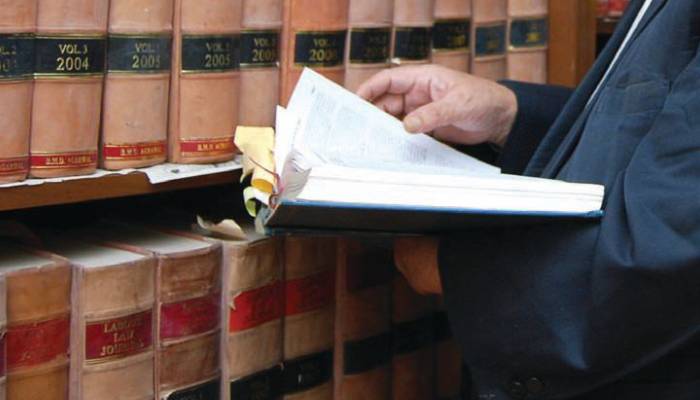
or

The Grain and Feed Trade Association (Gafta) is a leading international arbitration institution, formed in 1971 through the merger of two older associations dating back to the 19th and early 20th century. Its main objective is to promote the international trade in grains, animal feeding stuffs, pulses and rice. Today, the majority of world trade in cereals and animal feed is carried out under Gafta contracts governed by English law, and which refer disputes to Gafta administered arbitrations with a venue in England.
Disputes are adjudicated by arbitrators who are experts in international commodity trade. Before the expiry of the time limit for claiming arbitration, the Claimant must notify the Respondent of the Gafta qualified arbitrator they have appointed. The Respondent then has nine days to either agree to the appointment of sole arbitrator or, if the parties do not agree, to appoint an arbitrator.
The first step in the arbitration sees the Claimant serving a clear and concise statement of its case, with supporting evidence. The Tribunal will then issue procedural directions, which provide for the Respondent’s statement of defence, and any supporting documents.
The Tribunal rules on its own jurisdiction, including determining whether there is a valid arbitration agreement. A decision declining jurisdiction shall be final and binding on the parties, subject to any right of appeal to the Board of Appeal. Once submissions have been exchanged according to the Tribunal’s directions, the tribunal will then inform the parties that it will go ahead and publish an Award, although a party may request an oral hearing from Gafta. The Tribunal’s Award shall be conclusive and binding, subject to any appeal to the Board of Appeal.
The English Courts have jurisdiction over the Tribunal’s awards, and an unsuccessful party may appeal an Award to the Court. Appeals, limited to legal merits, are rare and the Court will only grant leave to appeal in limited circumstances, or on the basis of a serious irregularity on the part of the Tribunal, such as bias. The Court may either confirm, set aside or vary the Award, or remit it back to the arbitrators.
Recently in PEC Ltd v Asia Golden Rice Company ltd [2014] EWHC 1583 (Comm), PEC appealed under the Arbitration Act 1996, s. 67 against a finding by the Gafta First Tier Tribunal that the parties had concluded a purchase agreement. The Commercial Court allowed PEC’s appeal and held that the signatory of the contract on PEC’s behalf had no actual or apparent authority to do so, and that PEC had not thereby made any arbitration agreement. The Respondent’s application for leave to appeal to the Court of Appeal was refused.
Pavani Reddy is the Managing Partner of Zaiwalla & Co LLP, heading the litigation team at the firm and handling multi million pound disputes in the Court of Appeal and Supreme Court

Lex Witness Bureau

Lex Witness Bureau

For over 10 years, since its inception in 2009 as a monthly, Lex Witness has become India’s most credible platform for the legal luminaries to opine, comment and share their views. more...
Connect Us:


The Grand Masters - A Corporate Counsel Legal Best Practices Summit Series
www.grandmasters.in | 8 Years & Counting
The Real Estate & Construction Legal Summit
www.rcls.in | 8 Years & Counting
The Information Technology Legal Summit
www.itlegalsummit.com | 8 Years & Counting
The Banking & Finance Legal Summit
www.bfls.in | 8 Years & Counting
The Media, Advertising and Entertainment Legal Summit
www.maels.in | 8 Years & Counting
The Pharma Legal & Compliance Summit
www.plcs.co.in | 8 Years & Counting
We at Lex Witness strategically assist firms in reaching out to the relevant audience sets through various knowledge sharing initiatives. Here are some more info decks for you to know us better.
Copyright © 2020 Lex Witness - India's 1st Magazine on Legal & Corporate Affairs Rights of Admission Reserved